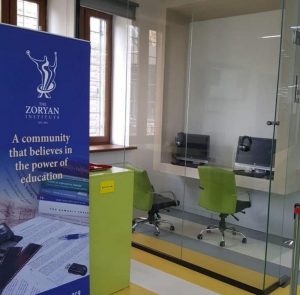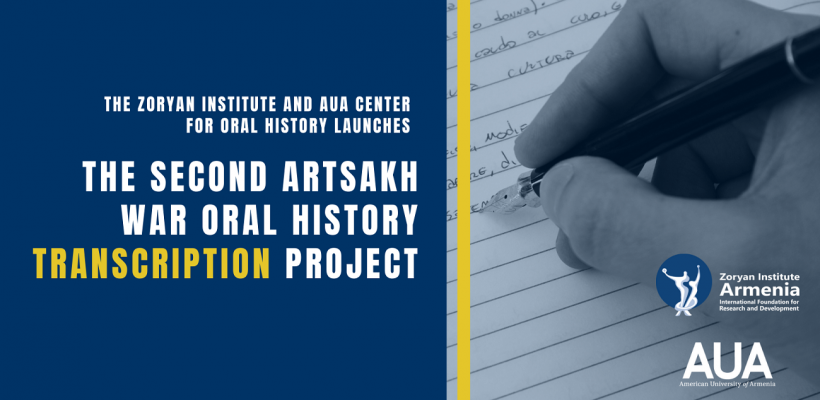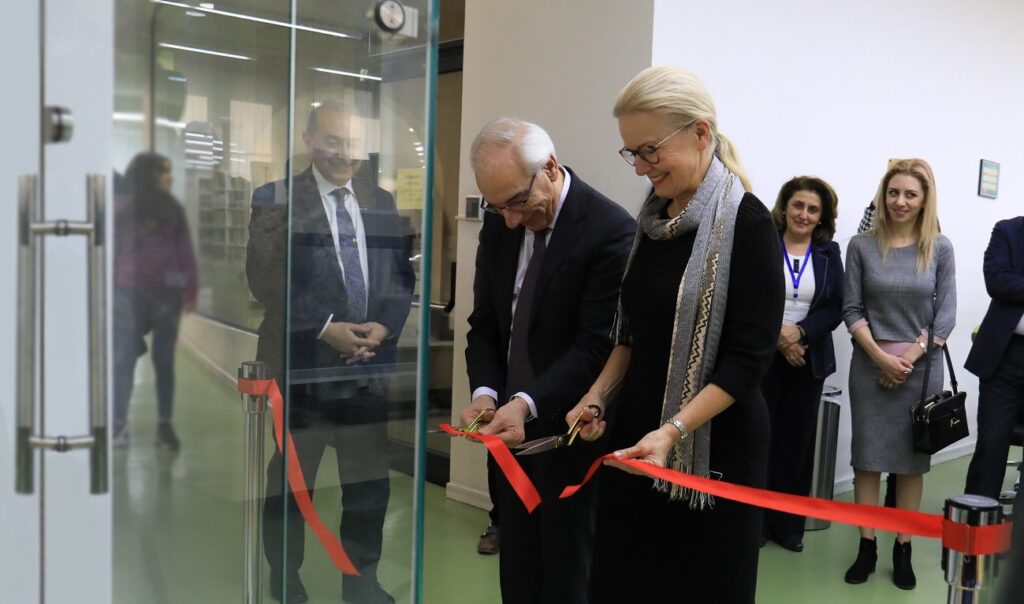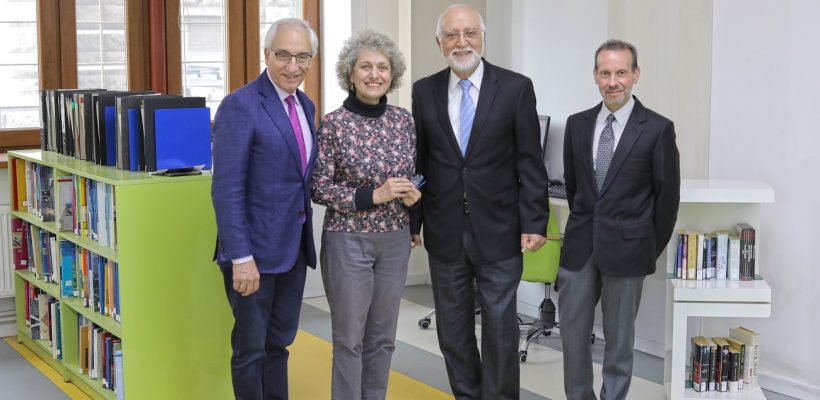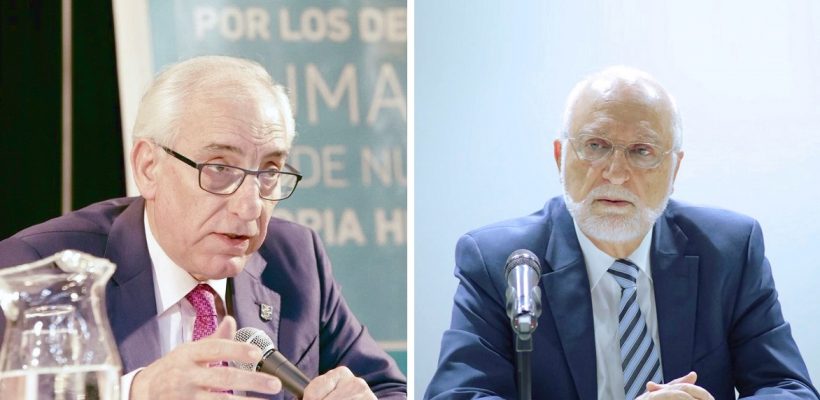History & Mission
On November 20, 2018, the Zoryan Institute and the American University of Armenia (AUA) signed an affiliation agreement to collaborate on strategic academic and scholarly projects, to allow AUA students and the community of scholars and researchers in Armenia access to the Zoryan Institute’s research and scholarly work archives.
Following the affiliation agreement, the Zoryan Institute and the American University of Armenia established the Zoryan Institute and AUA Center for Oral History in AUA’s AGBU Papazian Library. The Center was officially opened on November 13, 2019. During the opening ceremony, the Zoryan Institute presented the animated movie trailer Aurora Sunrise. The film tells the story of Aurora Mardiganian’s survival using her personal testimony from the Institute’s Oral History Project of the 1980s.
The Center provides access to Zoryan Institute’s collection of about 800 video recordings of interviews with Genocide survivors to the academia. It also serves as a research and scholarship projects hub where students and scholars transcribe and translate the OH recordings in accordance with the Oral History methodologies and standards to enable more inclusive and broad access to the recordings hosted in the Center.
After the Second Artsakh War in 2020, the Center has launched a new project in collaboration with the Zoryan Institute Armenia to transcribe the recordings of the Second Artsakh War Oral History Project (SAWOHP) interviews with war participants, veterans, displaced families, and Artsakh residents. The SAWOHP is an ongoing project initiated by the Zoryan Institute Armenia, and aims to collect and archive more than 100 interviews as historical primary sources to be available to the local and global academia for research and scholarship.
The Value of Oral History:
Oral History is a research methodology that involves conducting, recording, preserving and providing access to extended interviews with participants, usually focusing on a particular theme or event in the interviewee's life or with a whole-life approach.
Oral History recordings are historical primary sources that give voice to the people who actually witness and live through a time in history, recording their experiences, emotions, characteristics, language, and non-verbal communication. Thus, they are rich and reliable sources for researchers and academics in social sciences and humanities, as well as journalists, film/documentary makers, and communities.

